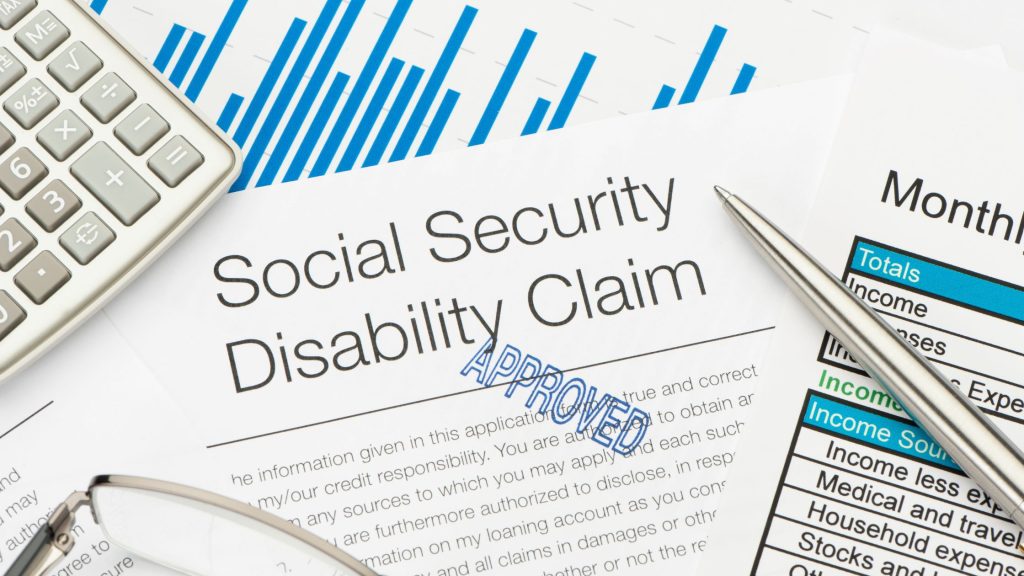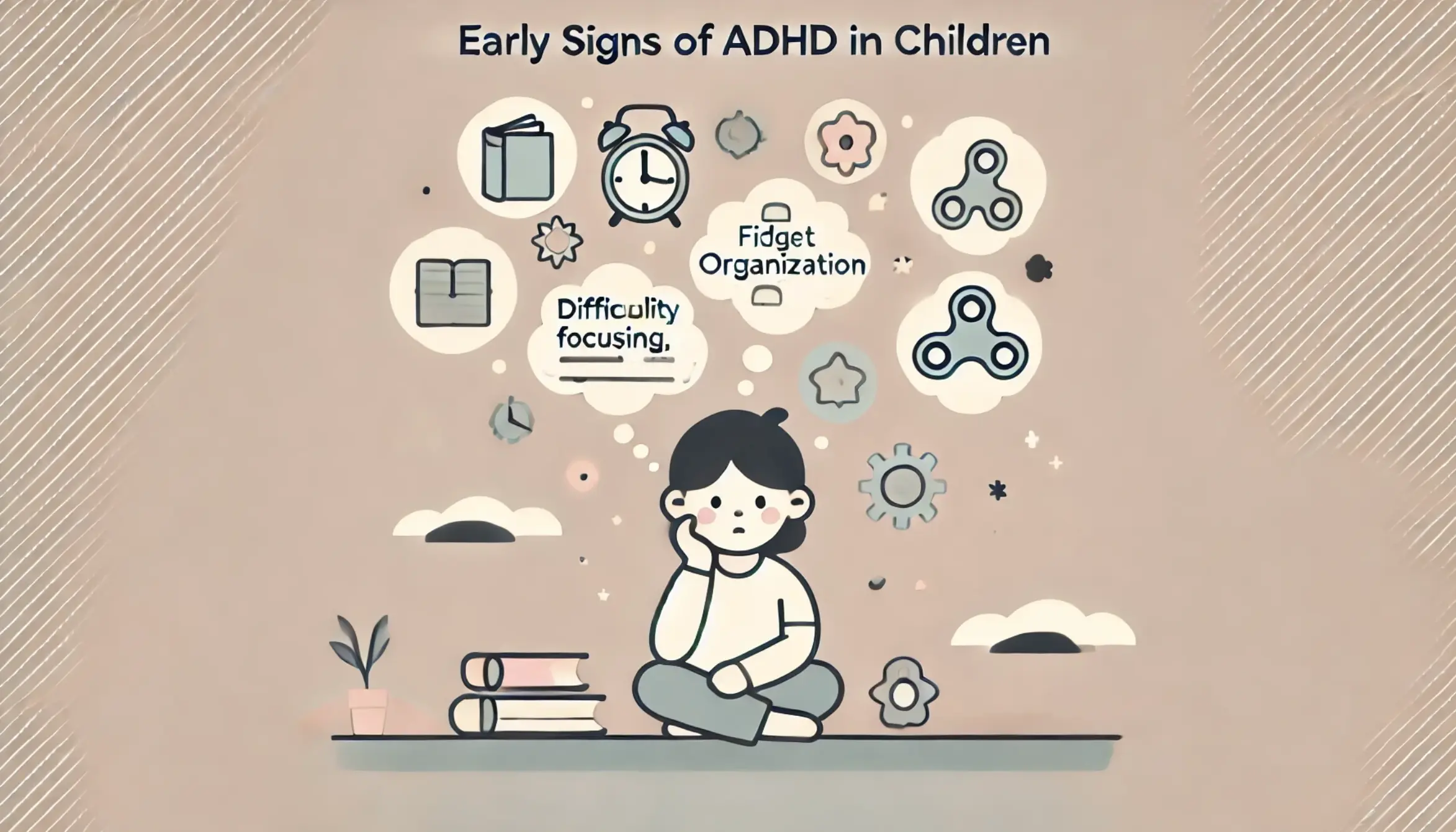Understanding the Process Behind Social Security Disability Evaluations
If you’re thinking about applying for Social Security Disability benefits or you’ve already started, you might have found yourself overwhelmed by the complexity of the process. The path to approval is often long and can seem intimidating, especially with the amount of paperwork and medical documentation involved. Navigating Social Security Disability evaluations is vital to securing the benefits you deserve, whether for physical disabilities, mental health challenges, or both.
In this comprehensive guide, we’ll answer some of the most frequently asked questions about Social Security Disability evaluations and walk you through how to best prepare for each stage of the process.
What Is a Social Security Disability Evaluation?
A Social Security Disability evaluation is an official assessment conducted by the Social Security Administration (SSA) to determine whether an individual qualifies for disability benefits under the Social Security Disability Insurance (SSDI) or Supplemental Security Income (SSI) programs. This process involves a thorough review of your medical history, employment records, and current health status to establish whether your condition significantly limits your ability to work.
The evaluation may include medical exams, psychological assessments, and vocational tests. The SSA aims to determine if your impairment stops you from doing substantial work. It must last a year or be fatal.
How Do I Qualify for Social Security Disability Benefits?
The SSA uses a strict definition of disability. To qualify for benefits, you must demonstrate the following:
- Severe Impairment: Your condition must significantly limit your ability to perform basic work-related activities such as lifting, standing, walking, or remembering.
- Duration: The disability must be expected to last at least 12 months or result in death.
- Work History (for SSDI): You must have earned enough work credits through previous employment. These credits are accumulated based on the amount of Social Security taxes you’ve paid.
- Income Limits (for SSI): For SSI, which is based on financial need rather than work history, you must have limited income and resources.
Additionally, your disability must match or be equivalent to a condition listed in the SSA’s Blue Book, which contains a detailed list of medical conditions and their qualifying criteria.
What Medical Conditions Qualify for Social Security Disability Benefits?

While the SSA maintains a list of qualifying medical conditions in the Blue Book, the reality is that many people with disabilities that aren’t explicitly listed still qualify for benefits. These are the categories generally covered:
- Musculoskeletal issues (e.g., back injuries, arthritis)
- Cardiovascular problems (e.g., chronic heart disease)
- Respiratory disorders (e.g., chronic obstructive pulmonary disease)
- Neurological conditions (e.g., epilepsy, multiple sclerosis)
- Mental health disorders (e.g., depression, anxiety, PTSD)
- Cancer and immune system disorders (e.g., HIV/AIDS)
Even if your specific condition isn’t included, you may still qualify if your disability is just as severe as a listed condition. The key is having extensive medical documentation that illustrates how the impairment affects your ability to function and work.
What Medical Evidence Do I Need to Provide?
The most crucial part of your Social Security Disability evaluation is the medical evidence you provide. Without comprehensive medical documentation, your application is likely to be denied. Here’s what you need:
- Doctor’s notes detailing the progression of your condition and how it impacts your day-to-day life.
- Medical test results such as MRI scans, X-rays, and blood tests demonstrate the severity of your impairment.
- Treatment history including any medications you’ve taken, surgeries, physical therapy, or psychological counseling.
- Statements from healthcare providers confirming that your disability meets SSA criteria and explaining how it affects your ability to work.
The more detailed and organized your records are, the better your chances of approval. Be sure to follow up with your doctors to ensure they are providing the necessary information.
How Long Does the Evaluation Process Take?
One of the most frustrating aspects of applying for disability benefits is the length of time it takes to get a decision. On average, it takes 3 to 5 months for the SSA to make an initial determination, but delays can extend this timeline. Factors that might slow down the process include:
- Incomplete documentation: Missing medical records or unclear information can lead to requests for additional data, delaying the decision.
- Request for Consultative Examination: If the SSA finds that your medical records are insufficient, they might ask you to undergo additional exams, further prolonging the process.
In cases where an initial claim is denied, the appeals process can take even longer—sometimes more than a year.
What Should I Do If My Disability Claim Is Denied?
Unfortunately, most Social Security Disability claims are denied at the initial stage—about 70% according to the SSA. However, a denial is not the end of the road. If your claim is denied, you have the right to appeal. The appeals process involves several steps:
- Reconsideration: A new review of your application by someone who was not involved in the initial decision.
- Hearing: If reconsideration is denied, you can request a hearing before an administrative law judge.
- Appeals Council: If the judge denies your claim, you can request a review by the SSA’s Appeals Council.
- Federal Court: As a final option, you can file a lawsuit in federal court if the Appeals Council also denies your claim.
Should I Hire a Disability Attorney or Representative?
While it’s not a requirement, hiring a disability attorney can be highly beneficial, particularly if your claim is denied. Social Security Disability attorneys guide applications and appeals, gather required documentation, represent you at hearings, and improve success odds.
Most disability attorneys work on a contingency fee basis, meaning they only get paid if you win your case. This arrangement can relieve the financial burden, allowing you to focus on your health and the application process.
Can I Work While Applying for Social Security Disability?
One of the common misconceptions is that you can’t work at all while applying for Social Security Disability. In fact, you can work, but there are strict limits on how much you can earn. The SSA defines Substantial Gainful Activity (SGA) as earning over a certain amount each month, which is set annually. For 2024, the SGA limit for non-blind individuals is $1,470 per month, and for blind individuals, it’s $2,460 per month.
Earning over the SGA limit may disqualify you, but part-time work or income below it won’t affect eligibility.
How Long Do Disability Benefits Last?
Once approved for Social Security Disability benefits, they will continue as long as your condition remains severe and prevents you from working. However, the SSA conducts Continuing Disability Reviews (CDRs) periodically to reassess your condition. If your health improves, your benefits may be reduced or terminated.
Most reviews happen every 3 to 7 years, but if your condition is expected to improve sooner, the SSA may schedule reviews more frequently.
Can I Receive Other Benefits While on Social Security Disability?
Yes, you can receive other benefits such as workers’ compensation or private disability insurance while on Social Security Disability, but there are important considerations. For instance, your Social Security benefits may be reduced if you’re also receiving workers’ compensation. This is known as the offset rule.
Each case is unique, so it’s essential to consult with an attorney or your Social Security representative if you’re receiving multiple forms of assistance.
Final Thoughts: Preparing for a Successful Social Security Disability Evaluation
The Social Security Disability evaluation process can be complicated and time-consuming, but understanding the steps involved and being well-prepared can significantly increase your chances of approval. Ensuring that you have the necessary medical documentation, knowing your rights during the appeals process, and considering professional legal help are critical steps in securing the benefits you need.
While many people are denied benefits initially, persistence and proper documentation can make all the difference. Remember, you don’t have to navigate this process alone—resources and support are available to guide you along the way. Contact us for a free consultation.
Source: Social Security Administration. “Disability Benefits.” SSA.gov. https://www.ssa.gov/benefits/disability/ (October 2024).





